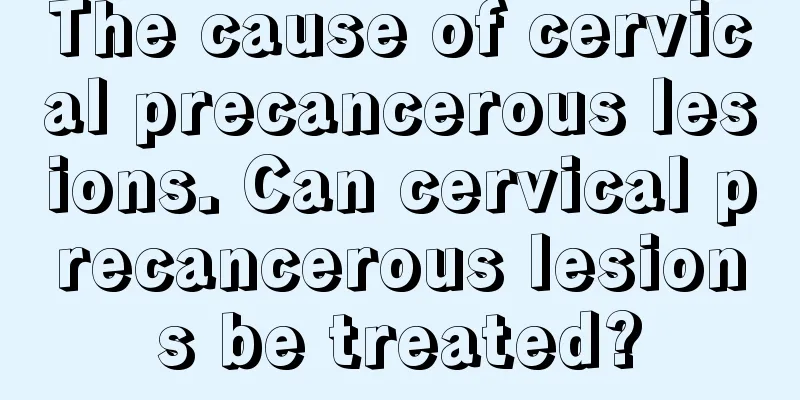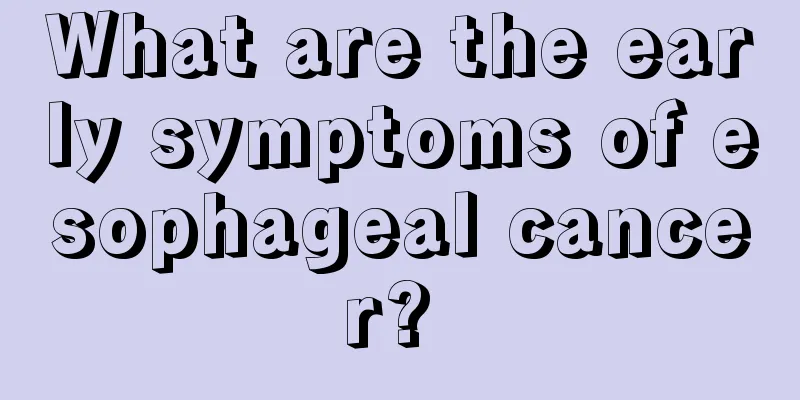There are 9 misunderstandings about lung cancer. To prevent lung cancer, you need to have these six habits!

|
Lung cancer in China is in a period of rapid increase, and the key to the treatment of lung cancer lies in early detection and early surgery. Many people have some cognitive misunderstandings about lung cancer, which affect the treatment effect. The following nine misunderstandings need to be vigilant. Myth 1: Only smokers will get lung cancer Expert interpretation: Wrong! Smokers are undoubtedly a high-risk group for lung cancer, but many non-smokers, including female patients, also get lung cancer. Lung cancer is the number one tumor in men and the second in women. The causes of lung cancer are related to smoking, environmental pollution, occupation, genetics, pre-existing diseases such as pulmonary tuberculosis and emphysema, and radon gas. Myth 2: Only the elderly will get lung cancer Expert interpretation: Wrong! Lung cancer is the most common malignant tumor in the world. Analysis by several major hospitals shows that the incidence of lung cancer is as high as 1.5% among people over 40 years old. Patients who have had other malignant tumors, such as breast cancer, colorectal cancer, gastric cancer, cervical cancer, thyroid cancer, nasopharyngeal cancer, etc., are much more likely to get lung cancer than normal people. It is currently recommended that people over 40 years old should have a chest CT scan every year or every other year to detect early lung cancer in time. Myth 3: Lung cancer surgery requires chemotherapy Expert interpretation: Wrong! Surgery is an important treatment for lung cancer, but it does not mean that chemotherapy must be performed after surgery. The subsequent treatment should also be determined based on the patient's specific situation. In addition to chemotherapy, there are also immunotherapy, targeted therapy, radiotherapy, traditional Chinese medicine treatment and other methods. It does not mean that chemotherapy must be performed after surgery. Myth 4: Treatment of advanced lung cancer will lead to faster death Expert interpretation: Wrong! Some people with advanced lung cancer can still achieve good results after treatment. In addition, the pain of terminal lung cancer patients is unbearable to watch. Treatment of advanced lung cancer can prolong life and relieve pain. Myth 5: Treating lung cancer will cost you money and lifeExpert interpretation: The state has included lung cancer in major disease assistance, whether it is medical insurance or the New Rural Cooperative Medical Scheme, whether in urban or rural areas, the state has invested a lot of money in the treatment of lung cancer. Therefore, the current self-funded proportion of lung cancer treatment has been reduced compared to the previous cost. In addition, the state plans to reduce the tariff on imported anti-cancer drugs to zero, which will help more patients. Of course, the final treatment plan still needs to be discussed and decided by the patient's family and medical staff. The patient's own willingness to fight cancer is also very important. Myth 6: Taking medicine can control lung cancer Expert interpretation: Wrong! The best treatment for lung cancer is still surgery. Patients who cannot undergo surgery can consider taking medicine, but taking medicine is not the best way to treat lung cancer. Myth 7: Lung cancer surgery is no longer necessary. Expert interpretation: Wrong! Whether it is early-stage lung cancer or mid- to late-stage lung cancer, further observation or treatment is still needed after surgery. Do not think that lung cancer surgery is no longer necessary. Surgery is an important means of lung cancer treatment. It can achieve a radical effect for early-stage lung cancer, but regular postoperative check-ups are still required. For mid-stage or mid- to late-stage lung cancer, surgery can eliminate the tumor to the greatest extent. Other comprehensive treatments are needed to control and eliminate lung cancer. Regular check-ups are also required to prevent metastasis. Myth 8: There is no cure for lung cancer. Expert interpretation: Wrong! Lung cancer can be completely cured in its early stages. The key is to detect it as early as possible. Therefore, it is recommended that people over 40 years old have a chest CT scan every year to prevent lung cancer. Myth 9: Small lung nodules are lung cancer and require surgery immediately Expert interpretation: Wrong! Although the incidence of lung cancer is very high, more than 95% of small lung nodules are not lung cancer. This requires close follow-up and experienced doctors to judge. For small lung nodules, most require dynamic observation and do not require surgery or long-term medication. |
Recommend
What are the functions and effects of rooster eggs
Rooster eggs are actually what we call rooster te...
How to restore the leaking tooth root
Inflammation and necrosis of the gums can cause p...
What are the causes of thyroid cancer? Is the main cause of thyroid cancer hereditary?
There are many reasons for the occurrence of thyr...
Natural vitamin E is suitable for people
Vitamin E is an essential vitamin for the human b...
How to treat edema in late stage lung cancer
Lung cancer is a lung malignant tumor with a high...
What should I pay attention to in my diet before a physical examination
Physical examination is a regular check of people...
Can mung beans still be eaten after being stored for three years?
Summer is the season for eating mung beans, mainl...
What are the three major clinical types of lung cancer?
Lung cancer is the most common primary lung malig...
What tea is good for osteosarcoma
Tumor is a common physical disease in today's...
What are the early symptoms of lymphoma
The initial manifestation of lymphoma is often as...
Where is the mastoid area?
When mentioning the term mastoid, many people may...
Are there risks in pituitary tumor surgery? Pituitary tumor surgery is inevitably dangerous
All surgeries have certain risks, and pituitary t...
What are the types of moles
Everyone is familiar with the moles on the body, ...
How to determine whether you have non-small cell lung cancer
Generally, final pathology is required for diagno...
What are the preventive and therapeutic measures for pancreatic cancer
In fact, in life, as long as everyone is attentiv...









